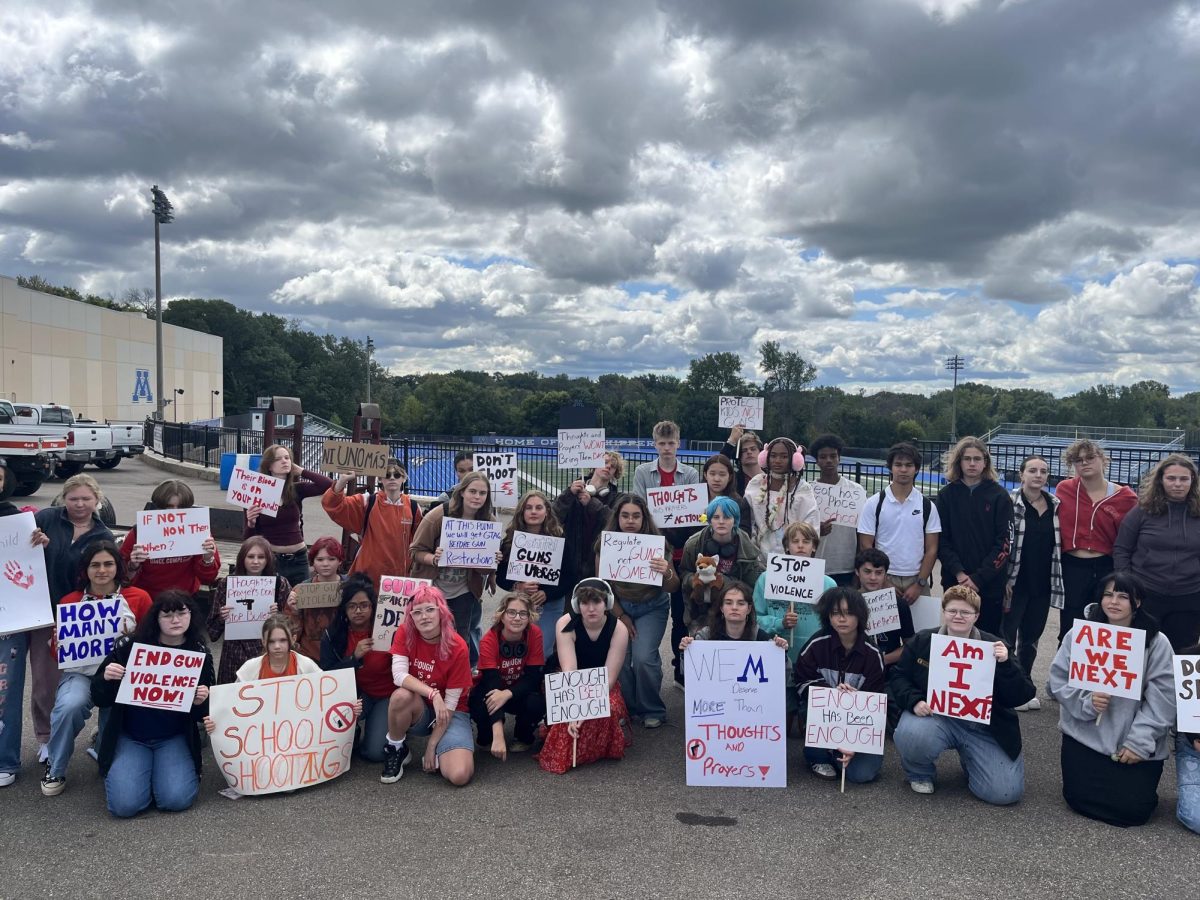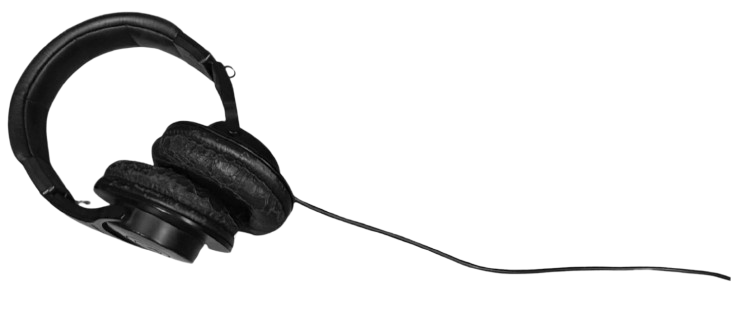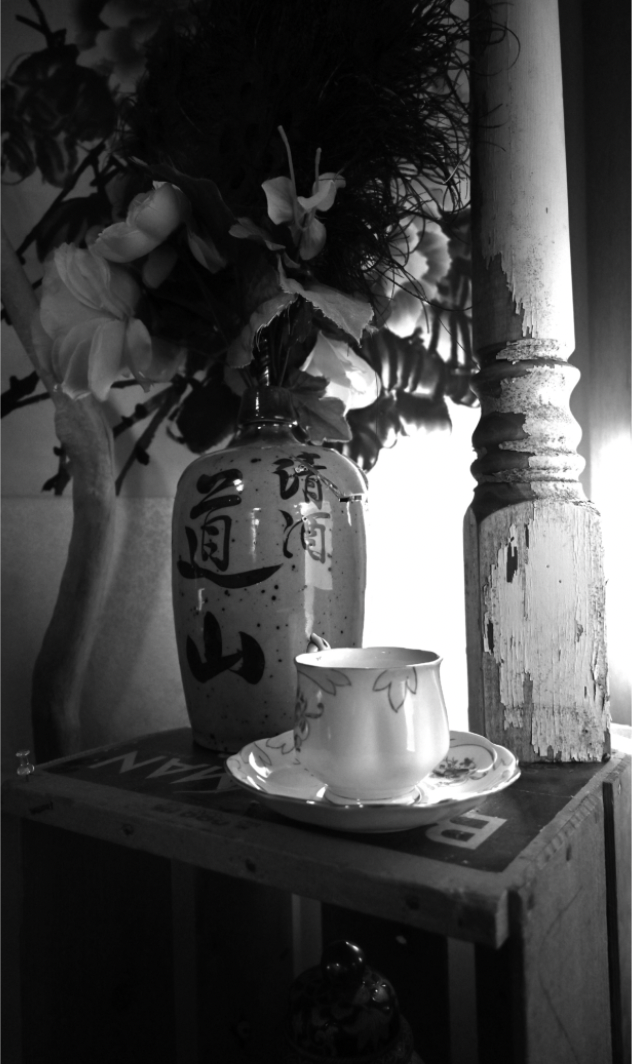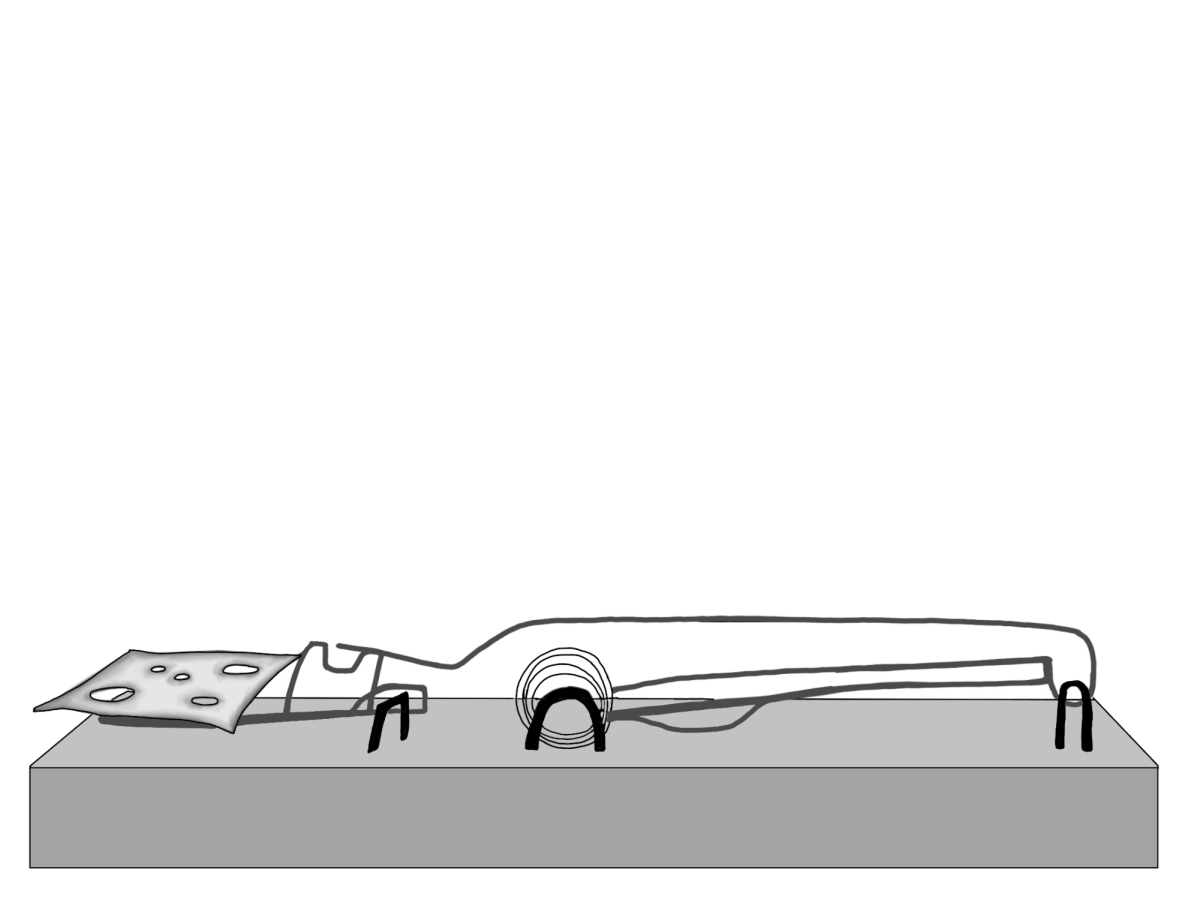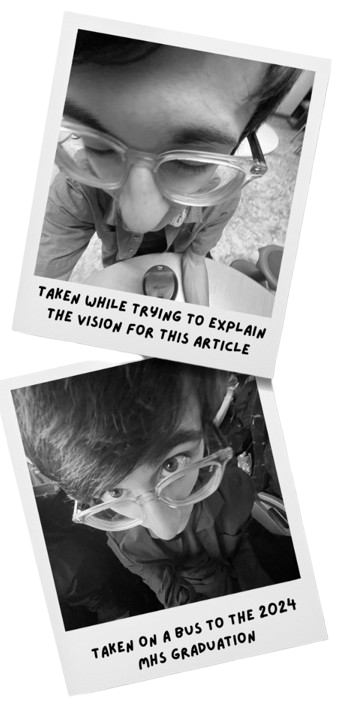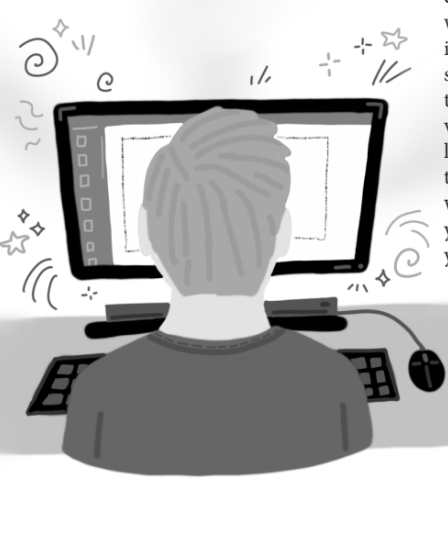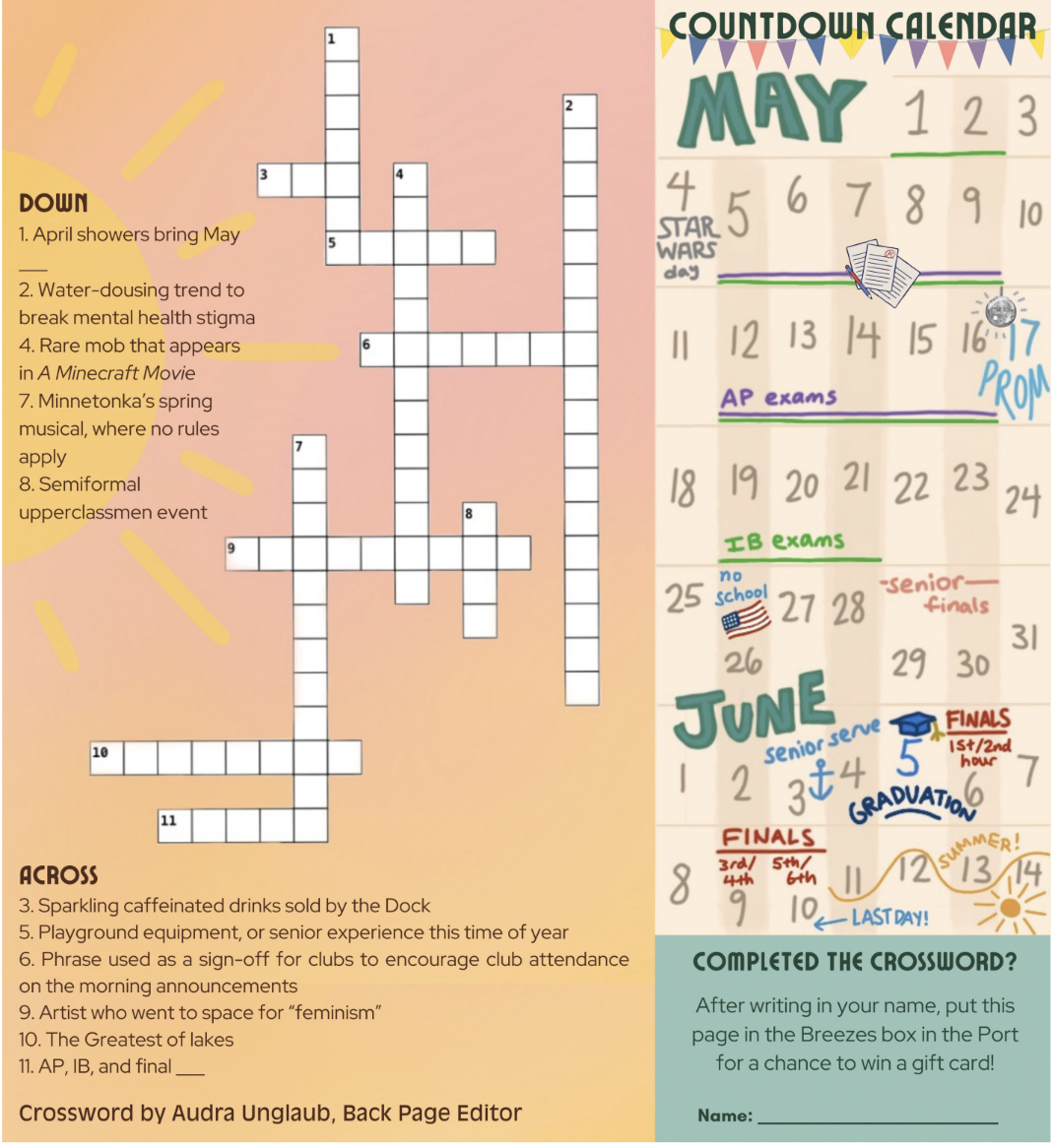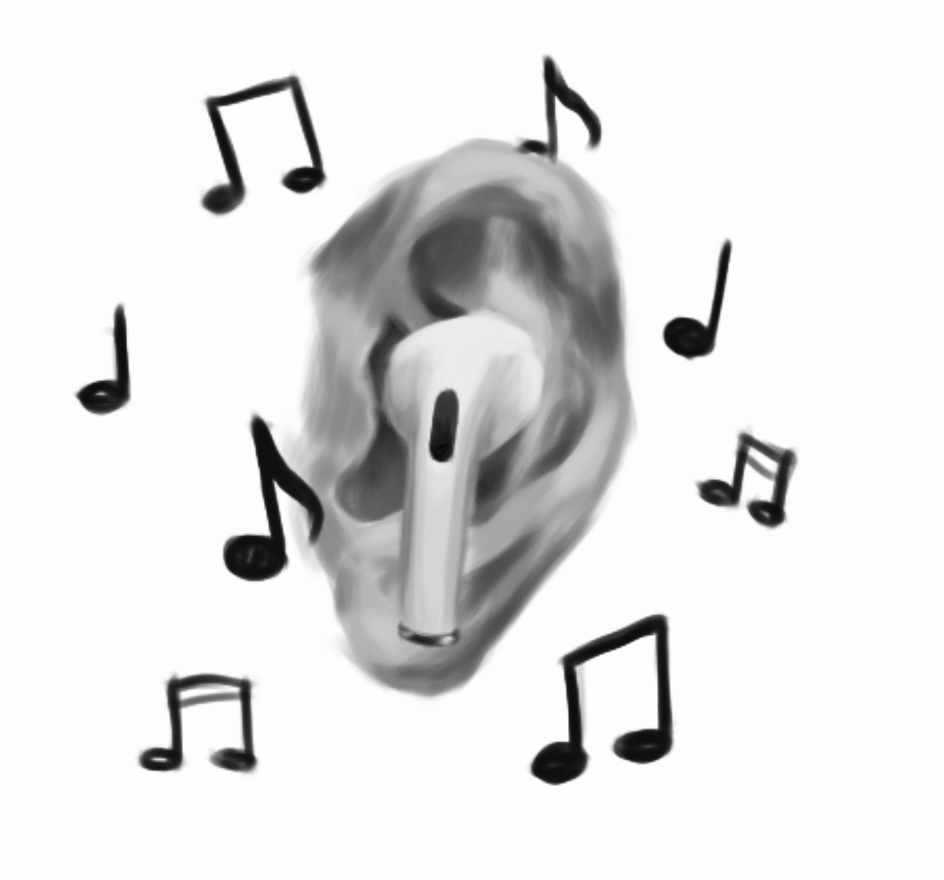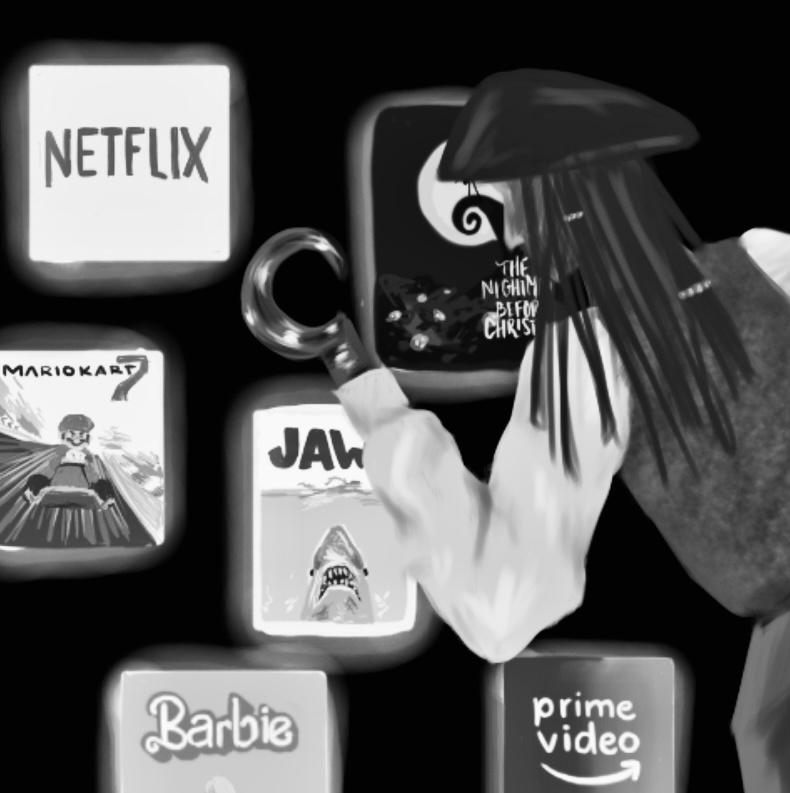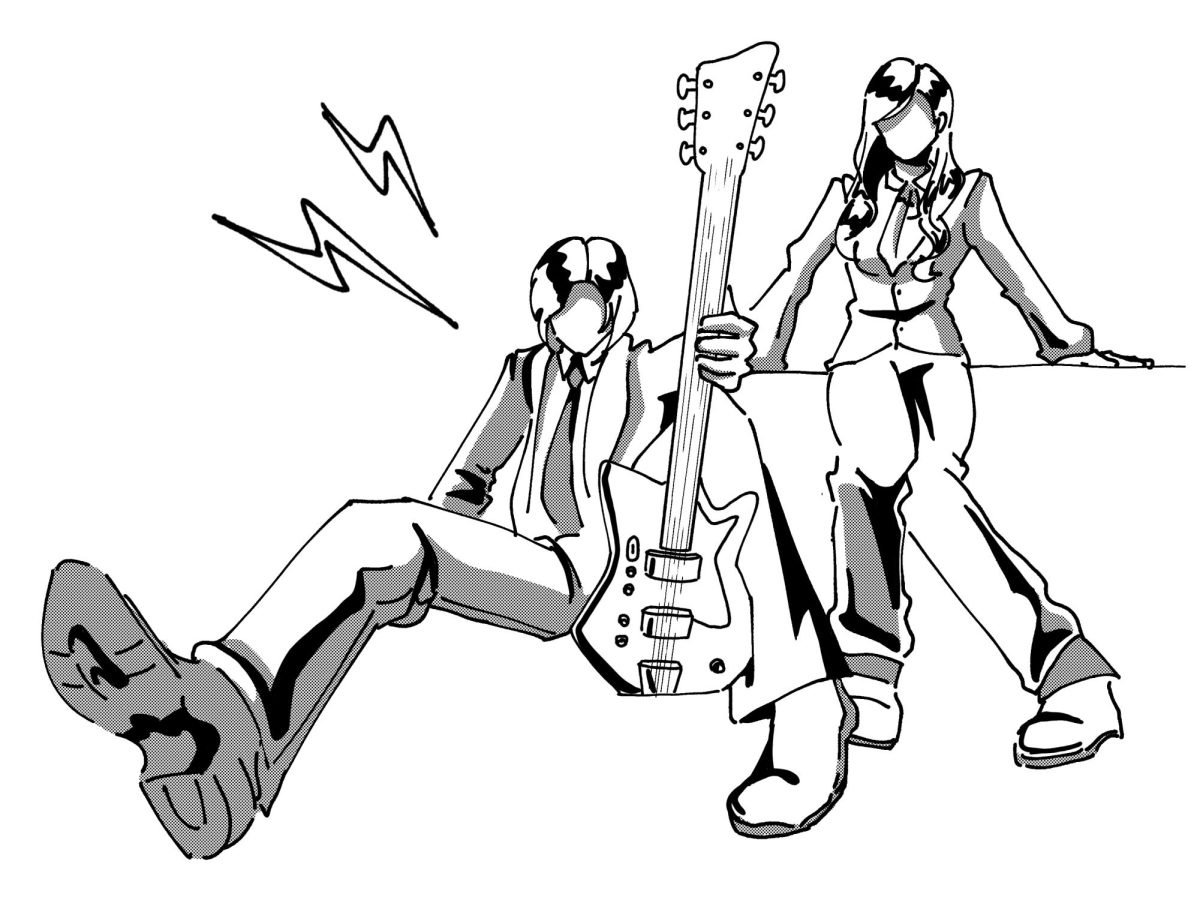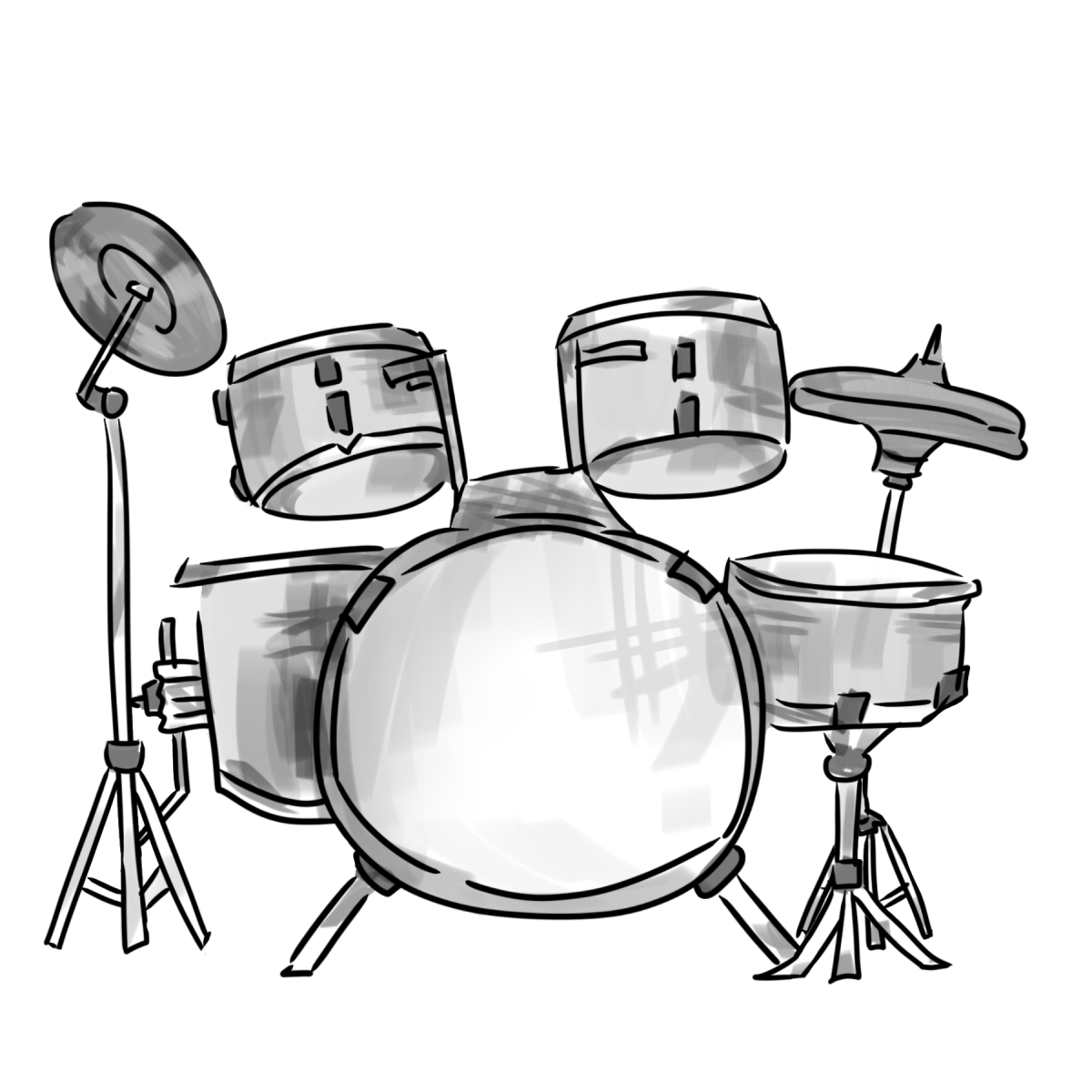Walking through the halls of MHS, you will find at least one person using AirPods or headphones. Caroline Nigh, ‘26, says that she “listen[s] to music for around an hour and a half everyday,” usually using AirPods. This is no surprise: music provides an escape from reality, reduces stress, and can help you focus on your work. Unfortunately, listening to loud music at concerts or in your headphones poses a serious and often underestimated threat. Chances are, when you’re listening to your favorite song with the volume all the way up, you’re causing permanent damage to your hearing. According to studies from the Mayo Clinic, repeated exposure to loud noises and environments can lead to the impairment of ear hairs, leading to hearing loss. Wearing headphones heightens the impact of these consequences, because the noise is closer to the ear and more amplified.
The increase in popularity of AirPods and noise cancelling headphones have also made it easier to have something playing in your ears at all times. The recommended length of time spent listening to music varies depending on the volume intensity. According to Harvard Health, the maximum volume of most phones is around 105-110 decibels, and “exposure to sound [at this level] can cause damage in five minutes.” Nigh also comments that she often listens to music at a loud level, and often goes to concerts without earplugs. This is problematic since many concerts play music at levels that can severely damage your hearing.
Aadith Rebello, ‘26, says that after concerts he “sometimes has a little trouble hearing or ringing in [his] ears after.” One common symptom of hearing loss is a ringing in the ears, otherwise known as tinnitus. The tinnitus that Rebello experienced is likely a form of temporary tinnitus. This symptom should be treated as a warning for more permanent hearing loss in the future and students should always remember to wear earplugs at loud concerts. A 2023 study by the American Academy of Audiology found a “high prevalence of tinnitus [in young adults]” caused by “continuous exposure to loud noises,” and concluded that the best way to prevent this was through education.
So why do we still blast our music despite all of the research proving the dangers? Nigh comments that she has learned a little about hearing loss and damage from repeated exposure to loud noise levels, but she continues to listen to loud music because she is “young, [she] likes music, just wants to live, and [she’ll] deal with problems when they arise.” Unfortunately, Nigh is not alone in this sentiment. Many teenagers feel that the enjoyment of loud music outweighs the downsides due to the majority of hearing-related consequences that appear later in life.
One way that students can address this issue is by monitoring the decibel levels of their music. Apple provides a service on the Health app that reports the average decibel levels played on the user’s headphones. When in a very loud environment, the app can send notifications to the user to warn them. Keeping track of the decibel levels in your environment is very important, and this app can create a record of music listening data and report if the volumes are safe or not.
It is important that you reevaluate your music-listening habits, and prioritize your hearing health over the short-lived enjoyment of loud music. Many students are guilty of this, but the long-term consequences of unsafe listening habits can be detrimental to your health, so please turn down the volume on your headphones, wear earplugs at concerts, and take care of your hearing.

